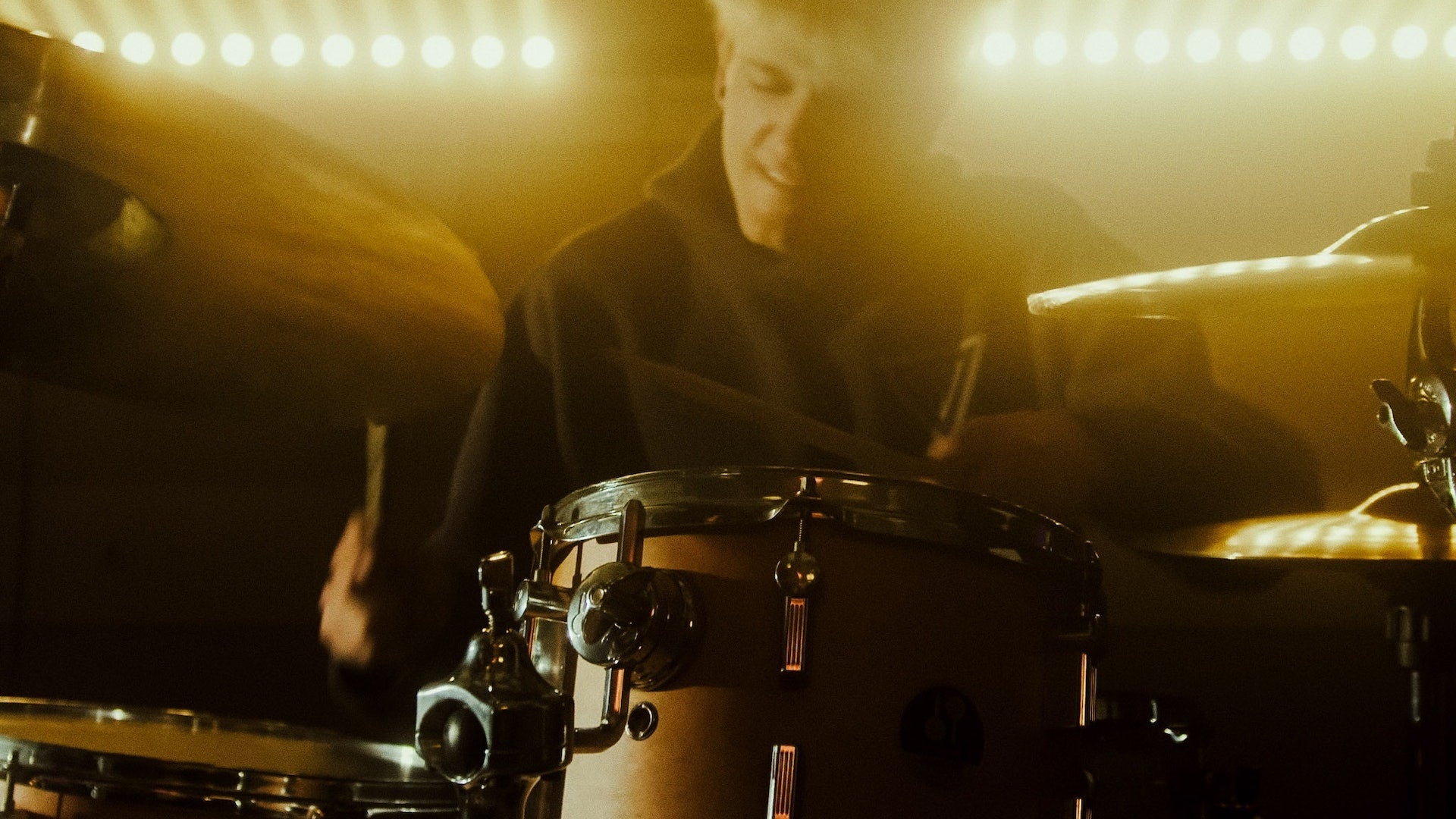Getting Creative When Mixing Toms
One of the most difficult things to do as a producer is to record and mix songs with great toms. We're not talking about your standard tom toms, but creative toms that will make your song stand out from the others. It's not always easy to come up with new and interesting sounding music when mixing drums, but there are some things you can try to help get creative! In this blog post we'll go over a few different ways you can mix toms in a song that will set you apart as a producer and ultimately result in new and interesting music. Let's get to it.
Using Saturation on Toms
Adding saturation or distortion to toms in your mix can give them a powerful, unique sound. In some cases, this can result in toms that overpower the rest of the mix, so you must be careful when adding saturation to your drums. Even still, this is a great way to get creative with toms and create something never heard before!
A lot of newer producers don't realize how powerful this is. It takes your raw tracks and makes them sound fuller. If you use samples, it takes them from a sound that anyone can achieve to something unique. Just think about the hidden potential - toms that benefit from that massive, mix ready sample pack AND the power of post-processing!
We all know toms are one of the most important elements in modern music. Unlike the kick and snare that provide the base of the rhythm and drive, toms keep things interesting and keep people hooked throughout.
There will be times when you'll want to add some extra to your toms to make them sound even more powerful - don't get me wrong here; I'm not talking about over-saturating your drums or adding too much compression (unless they need it). What I mean is taking advantage of these readily available mixing tools to create something never heard before! This isn’t easy but if done correctly gives an amazing effect…
Layering Drum Samples
You can also use different sounds and samples to create more variety in your song, i.e., organic toms layered with digital ones. You can also switch between live drums and drum samplers in different sections of the song if it makes sense for your production and genre.

Layering drum samples can be just as effective as using saturation or distortion when trying to make new sounds. This can be done to create punchiness by using the body of one sample layered with the emphasis of the attack of another.
Layering drum samples is also a great way to experiment with different styles of drums without having to stick to one style too. Most sample packs and samplers offer enough variety to get a lot of different results without a massive, upfront cost. This makes them one of the best options for home studio producers and mixers. You don’t have to deal with buying multiple microphones for recording live sounds or getting studio time at an expensive rate.
Combining Kicks with Toms
You know how certain mix techniques are meant to add impact without being "heard"? This is another one of those techniques, and it might surprise you just how often it gets used.
Create ghost notes by mixing kicks into some of the toms to make them bigger sounding and fuller bringing out their power within the mix of other instruments playing at the same time as bass guitar, keys etc... It's an extension of the last section, and it's all about layering!

There's no denying that kick drums have the most punch out of all the drums in a traditional kit, so why shouldn't some of your other drums benefit from their presence?
The most basic use of this is simply programming the kick at the same time as the tom, but they still sound like two distinct sounds. Instead, try using a dedicated kick track mixed in much lower, but layered in under each tom hit. You might just find that there's more perceived presence in the tom hit without hearing the kick at all.
Decisions, Decisions…
Good luck getting creative when mixing drums using these techniques and remember – you don't always have to use every technique we mentioned here. Sometimes throwing everything you can at your toms is the right move, but even subtle decisions can make a huge difference. Hopefully this article gave you some ideas that will help set your music apart from your competition.
The most important move you can make to take advantage of these concepts is making sure the tools discussed are readily available in your session. Whether it’s a tool like JST Clip to help with saturation or just a collection of samples to pull from, you’ll only be able to start implementing when making the conscious decision to do so.
Happy mixing!









